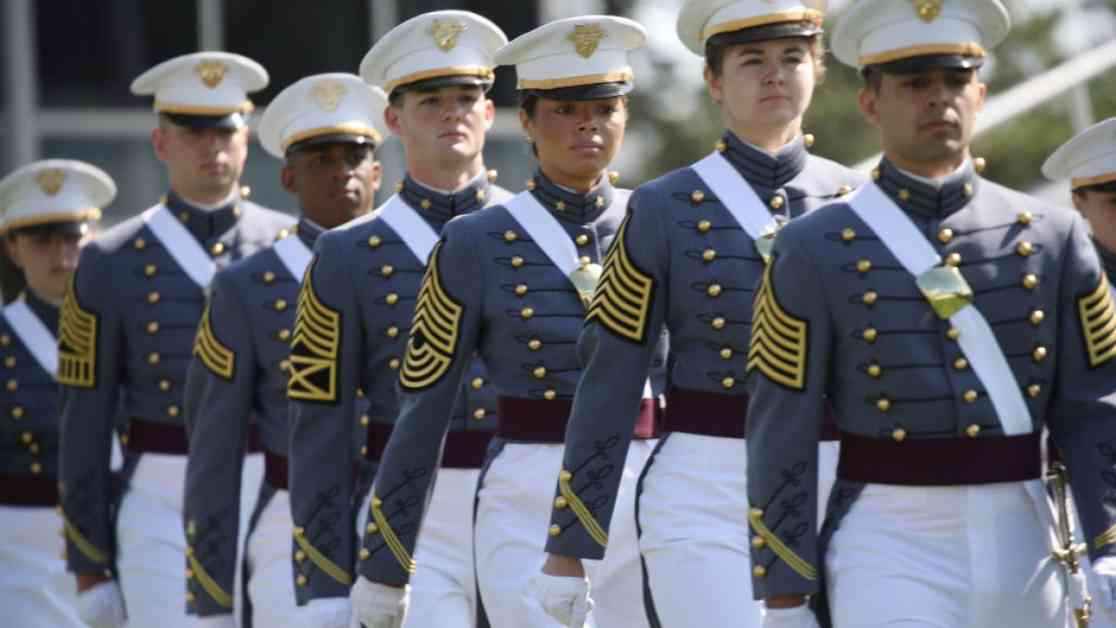West Point Cultural Clubs Disbanded in Response to Trump’s DEI Policy
In a significant move that has sparked widespread debate and controversy, West Point announced the dissolution of all its cultural clubs, including those designated for women and minority cadets. This decision was communicated via a memo from the Corps of Cadets, with NBC News obtaining a copy of the document. The directive highlighted the disbandment of various clubs listed under the Directorate of Cadet Activities (DCA) umbrella, effectively halting all official and informal club activities with immediate effect.
Memo Directives and Disbanded Clubs
The memo, circulated on Tuesday, outlined the specific clubs that were to be disbanded, including prominent organizations like the National Society of Black Engineers Club, Society of Women Engineers Club, and the Latin Cultural Club, among others. It mandated the cessation of all club activities, including meetings, events, and trips, while also explicitly prohibiting the continuation of informal club gatherings utilizing government resources or facilities. Furthermore, the memo instructed all clubs to remove any public-facing content online, adding an additional layer of closure to these organizations.
The Impact of Trump’s DEI Policy
This development aligns closely with recent executive orders signed by President Donald Trump, aimed at addressing diversity, equality, and inclusion (DEI) initiatives across various sectors. Trump’s administration has been vocal about dismantling what they perceive as wasteful and divisive DEI programs, with plans to scrutinize the existence of discriminatory practices within federal agencies. The official justification for these orders underscores a commitment to a colorblind, merit-based society, echoing the sentiments of civil rights leaders like Martin Luther King Jr.
The National Dialogue on DEI
The ideological chasm surrounding DEI initiatives in American society has deepened in recent years, with Trump’s administration and conservative factions decrying such programs as discriminatory. In contrast, DEI proponents argue that these measures are pivotal in fostering a more inclusive and equitable environment within institutions. The ongoing discourse on DEI has seen major corporations like Meta, McDonald’s, and Walmart revisiting their diversity strategies, with some opting to discontinue certain practices altogether.
Navigating the Controversy
As the conversation around DEI continues to evolve, the disbandment of West Point’s cultural clubs serves as a microcosm of the larger societal debate on diversity and inclusion. The implications of such decisions extend beyond the military academy, resonating with broader questions of identity, representation, and equality. While the move has elicited strong reactions from various quarters, it underscores the complexities of balancing tradition with evolving cultural norms in a rapidly changing world.
In conclusion, the decision to disband these cultural clubs at West Point represents a nuanced intersection of policy, ideology, and institutional change. While the immediate ramifications are felt within the military academy, the reverberations of this action extend far beyond its hallowed grounds, prompting a critical examination of the role of DEI in shaping our collective future. As stakeholders grapple with the fallout of this decision, the broader conversation on diversity, equality, and inclusion continues to unfold, underscoring the ongoing quest for a more just and equitable society.


